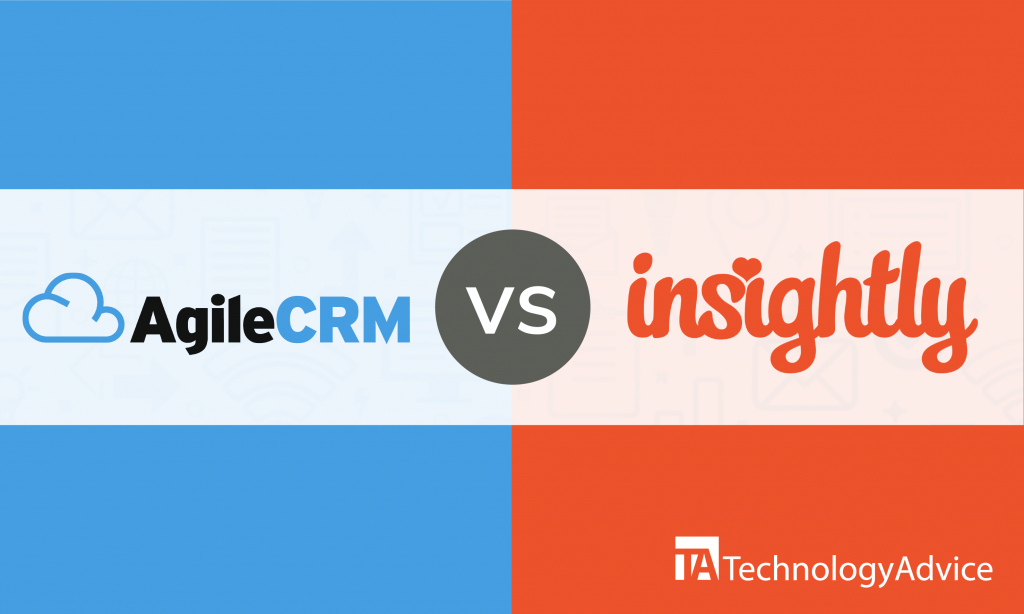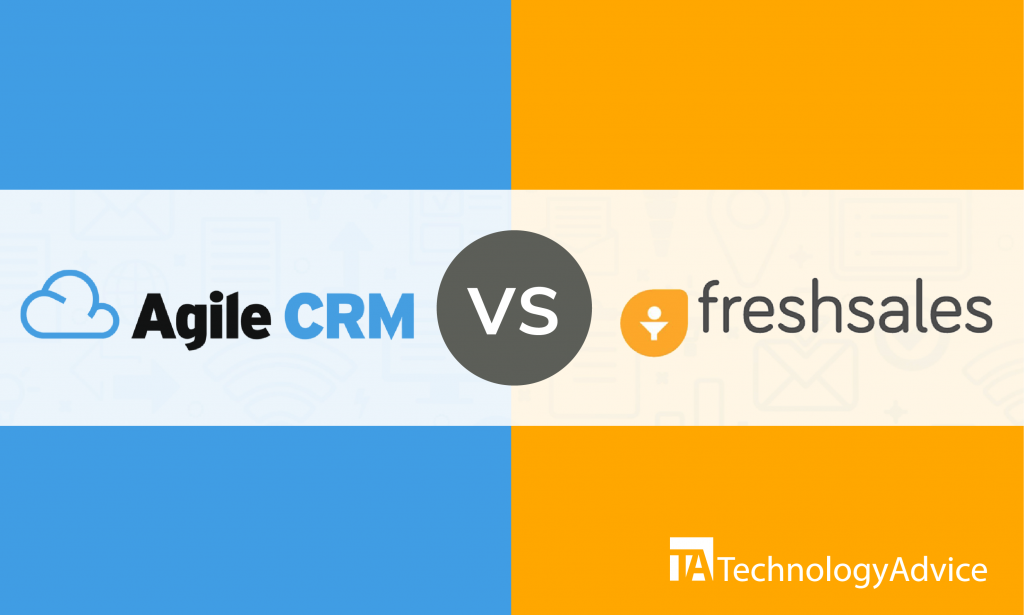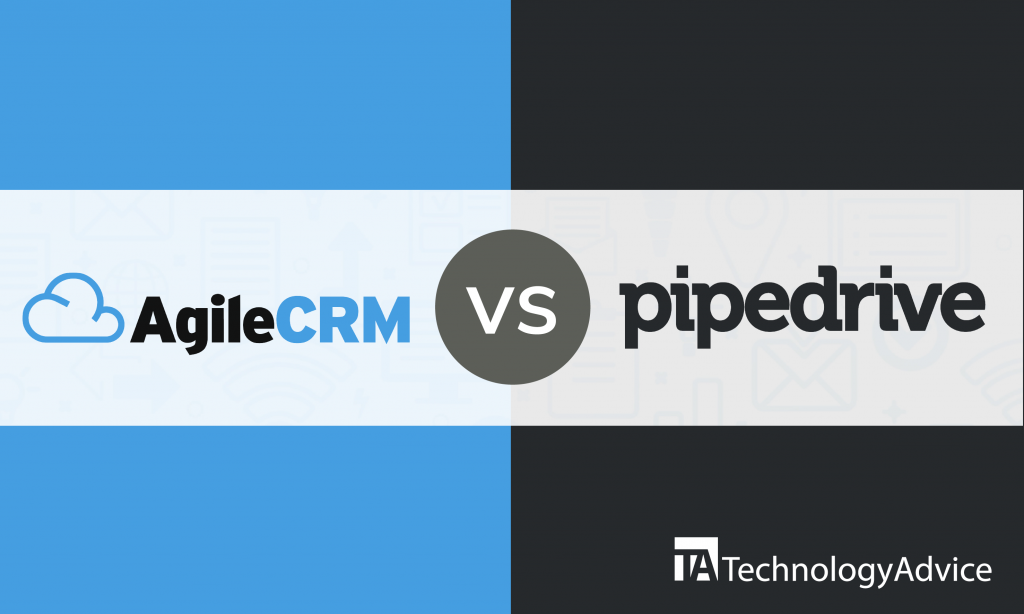The software your company chooses to use can have a direct impact on your business’s success. Picking the wrong software or tools can lead to wasted time and even lost revenue for your company.
It’s wise to do a thorough review of your software options before purchasing one. In this article, we’ll compare Salesforce and Odoo head to head.
Before anything else, it’s important to note that there’s a key difference between the two. Salesforce is a CRM software designed to help businesses maintain their relationships with customers. Odoo is an ERP software that can cater to different business needs, such as CRM, sales management, as well as human resources.
Of course, neither Odoo nor Salesforce is the only option for flexible and extensible CRM software. If neither of these systems have what you’re looking for, or you’re still looking around, use our Product Selection Tool.
Top CRM Software Recommendations
Salesforce vs. Odoo
For good reason, Salesforce continues to be one of the biggest names in the CRM industry. This CRM software vendor has maintained its pristine reputation for reliability throughout the decades. It has even received numerous awards.
That being said, Salesforce isn’t always the best choice for every business out there. We should never discount the fact that credible CRMs are being developed constantly. Some of these CRMs are promising and offer something that Salesforce doesn’t.
One of these promising software vendors is from the Belgian company, Odoo. Although newer to the market than Salesforce, this open source software is being used by famous names such as Toyota, Hyundai, and Alta Motors. There’s no denying that Odoo has already gained the trust of many users since its founding in 2005.
Odoo is an ERP software that can cater to different business needs, such as CRM, sales management, and human resources.
Features
Before you decide which way to go, take a closer look at what Salesforce and Odoo offer in terms of features.
Contact management
The ability to view and manage contacts is one of the main features any CRM should have. Both Salesforce and Odoo have a special approach with regards to managing contacts.
Salesforce is a cloud-based CRM software, and this proves to be advantageous for its contact management feature. For instance, Salesforce can obtain some of the missing details of their contacts from other sources in the cloud.
In addition, the Salesforce contact management feature can analyze the interactions of the contacts over various social media platforms. Activity monitoring can be a big help in lead generation.
Access to a complete history of business interactions for every customer is just one of the many benefits of using Odoo. If you can observe your customer’s purchasing habits, you get a better understanding of what they want. As a result, you can adjust your business strategies accordingly.
Odoo can also be synchronized with Google Calendar, making it much easier to keep track of meetings throughout the day.
Reports and dashboards
Reports and dashboards help you keep an eye on the different aspects of your business. You can audit sales and gauge work performance through reporting. Dashboards will aid you in presenting and viewing how your business performs. Through reports and dashboards, you can make smart decisions based on your observations.
Users can create a report and build a dashboard based on that report in Salesforce. The dashboards built through Salesforce may be tailored to what your business requires. This is one of the favorite features of countless Salesforce users.
Odoo offers various kinds of reports, including balance sheets, tax reports, and bank reconciliation. Moreover, since Odoo is an open source software, users have plenty of choices of apps to choose from in creating dashboards. Some of these apps are free.
Marketing automation
Salesforce and Odoo have excellent marketing automation features to send messaging to customers at the right time. This is one of the most used strategies of companies anywhere, and this strategy is proven to generate sales.
Aside from simply sending a scheduled email, Salesforce also lets you customize the email sent to the customer through web personalization.
Odoo, on the other hand, lets you design an entire workflow for your organization. You can set what you want to happen next depending on the customer’s reaction to the email you’ve sent — whether they’re replied to it, deleted it, and so on.
Integrations
Integrations are necessary in order to maximize the serviceability of your software. You can integrate different apps to ensure it covers every element of your organization.
Salesforce integrates with a wide array of apps that make it more suitable for virtually any type of business. Some of these apps are NetSuite, Microsoft Dynamics, WordPress, and SAP Business Suite.
Another advantage of Odoo being an open source software is the availability of free apps that may be integrated into it. There are innumerable integrations for Odoo software, no matter the type of business you are managing.
Microsoft Outlook, Slack, and Mailchimp are some of the apps that can be integrated into Odoo.
Pricing
It’s a known fact among CRM users that the amazing features you can get from Salesforce come with a price. Apart from the annual billing from Salesforce itself, you have to pay for the integrations you will add to your software to make it functional.
What makes Odoo more appealing to some startup and small businesses is its free plan. Odoo Community Edition is free, while other versions come at a monthly fee. Integrating paid apps into Odoo Community Edition will incur charges, though.
Customer Service
Salesforce customer service is available for all premium plans. There is also the Salesforce training, Trailhead, and an active user community.
Odoo has an assigned consultant for every user who purchases paid packs/plans. For the free Odoo plans, the open source community can help.
Also read: 4 Ways Real-Time CRM Improves Sales & Marketing Strategies
Choosing between Salesforce and Odoo
Features, integrations, and price would naturally play a big role in choosing the most ideal software for your business. But along with these components, you should also consider the size and type of business you’re managing, and your level of expertise regarding setting up a business software.
For example, it’s easy to be swayed and simply choose Salesforce because of their good reputation and solid experience. But, keep in mind that Odoo is an ERP software — which means it has additional features you won’t find in CRMs like Salesforce. Some of these features include website building and invoicing.
If your business has several different departments like Sales, Human Resources, and Accounts Receivables, Odoo might just be the better choice.
On the flip side, it’s better not to be easily enticed by the free offers from Odoo. This is particularly true if you’re not an expert in setting up the software yourself, or if you’re not that tech-savvy concerning software navigation, in general.
While members of the open source community are quite helpful in answering questions, remember that it’s not actually their job to provide answers to all your questions right when you need them. Therefore, you can’t always expect a timely solution to your software issues or an instant answer to your important questions.
If you believe you need a lot of technical help, it’s better to go for a paid software plan within your budget. After all, countless users of Salesforce and Odoo agree that these software are certainly worth your money.
Want more CRM software options? Use our Product Selection Tool.





